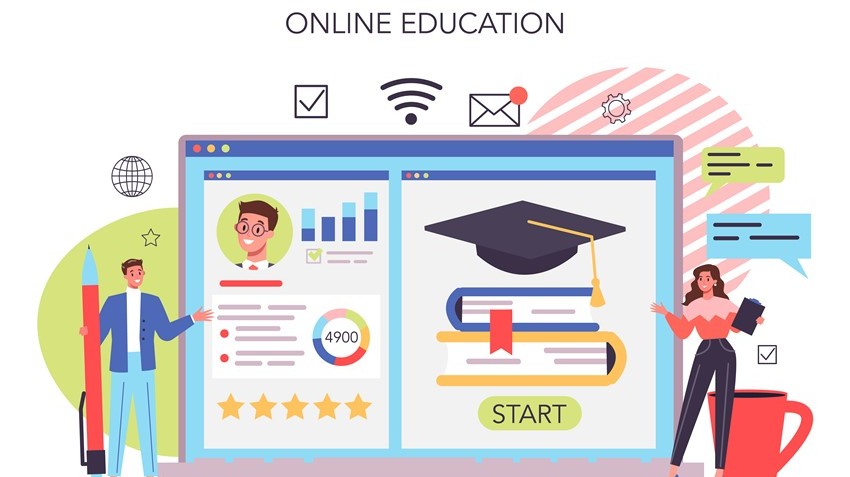 Research Paper
Research Paper
Article citation: Gupta, P., & Prashar, A. (2024). Learners’ psychological needs in online learning environment for executive education: role of cognitive overload and learning self-efficacy. Behaviour & Information Technology, 1-22.
Abstract
The emergent transition from face-to-face to online teaching and training has swayed the design and operating model of executive education globally. Reports indicate that this change has adversely impacted the learners’ satisfaction with executive education programmes and desired learning outcomes. Scholars believe that learners’ learning outcomes in the online learning environment are driven primarily by the satisfaction and frustration of their universal psychological needs (UPN) (autonomy, competence, and relatedness). Using, the theoretical view of Self-Determination Theory and Cognitive Load Theory, this study examines, how cognitive overload and online learning self-efficacy affect the positive impact of behavioural engagement on executive learners’ UPNs and learning outcomes in an online learning environment. Through this combined theoretical lens, we studied the dynamics of behavioural engagement, UPN satisfaction (frustration), and learning outcome relationships from the viewpoint of resource misfit. Hypotheses for direct and indirect effects were empirically validated by surveying online learners enrolled in a premier business school executive education programme. The findings indicate that in an online learning environment, executive programme designers and educators should balance the availability of information, interaction and learning tools to help learners attain UPN satisfaction and ultimately achieve desired learning outcomes.